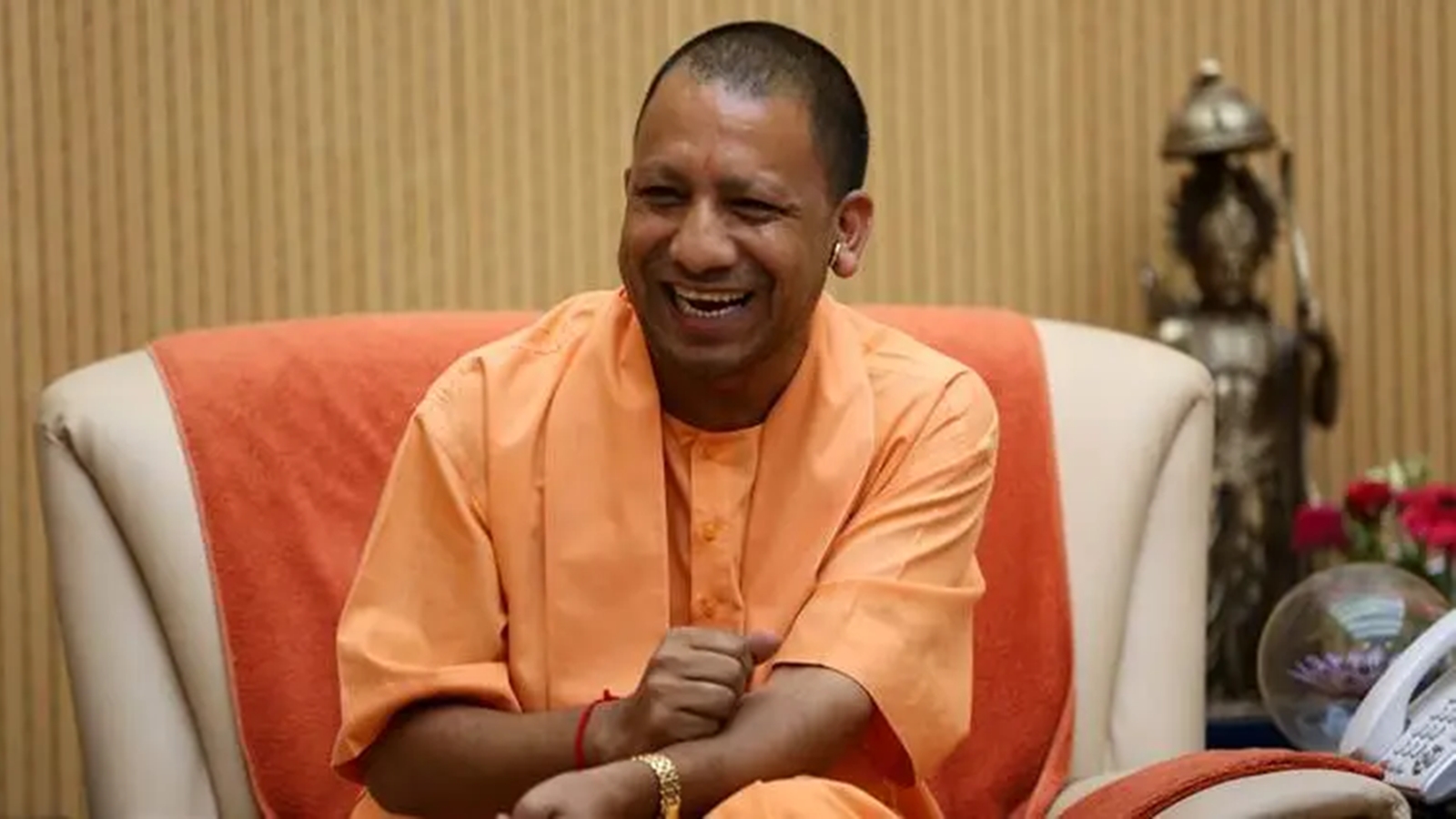 |
|
The Uttar Pradesh Digital Media Policy 2024, unveiled on Wednesday, has sparked controversy with its intricate system of paying influencers to promote government schemes while simultaneously introducing measures to control the content they produce. The policy, detailed in an official order, establishes a tiered system for influencer compensation, offering up to Rs 8 lakh per month to those with the largest followings. The amount is determined by the number of subscribers or followers an influencer has across platforms like Facebook, Instagram, YouTube, and X (formerly Twitter).
This financial incentive system, however, is accompanied by strict content moderation guidelines. The Information Director has been empowered to take action, including halting payments, if any content deemed “anti-national, anti-social, indecent, or hurtful to the sentiments of various sections of society” is produced. The director can also intervene if the content presents inaccurate information about government schemes or portrays them with malicious intent.
The policy's language has raised concerns among the opposition, who see it as an attempt to control the narrative on social media. Shishir Singh, Director of Information, clarified that the policy does not authorize punishment for violating content guidelines but empowers the director to take legal action against anti-national or harmful content, including lodging FIRs, deleting posts, revoking empanelment, and discontinuing advertisements.
The policy's justification lies in the government's desire to effectively disseminate information about developmental projects, public welfare schemes, and state achievements through digital media platforms. It seeks to leverage the reach of influencers to effectively engage with the public and promote the benefits of government programs.
To be included in the government's empanelled list, influencers must demonstrate a minimum of two years of active operation and provide an affidavit confirming the absence of any criminal charges against them or their associated firms. The categorization of influencers is based on subscriber or follower counts, with varying payment rates for different platforms and types of content.
While the government aims to capitalize on the influential reach of social media figures, the policy's potential for censorship has drawn significant scrutiny. The delicate balance between promoting government initiatives and ensuring freedom of expression remains a central point of contention. Critics argue that the policy's broad definition of “anti-national” and “anti-social” content could be used to suppress dissenting voices and stifle legitimate criticism.
Source: Digital media policy: Up to Rs 8 lakh for online push of UP schemes, action if content negative
